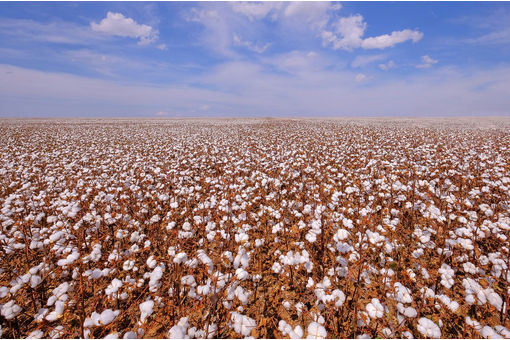USTR lauds critical updates in AGOA & CAFTA-DR
“If our trade partnerships with Africa and Central America are going to provide the economic boost they’re meant to provide to these developing regions, and benefit American businesses and consumers as well, these critical fixes to AGOA and CAFTA-DR need to pass.
“So the agreement to move this legislation now is a very welcome step,” said Ambassador Kirk. “We look forward to working with Congress in any way we can to ensure the renewal of AGOA’s third-country fabric provision and the implementation of technical changes to CAFTA-DR’s textiles and apparel provisions as soon as possible.”
The extension of AGOA’s third-country fabric provision was a critical issue raised by trade ministers during the recent AGOA Forum in Washington, DC. U.S. orders for shipment of African exports after the slated expiration date of September 2012 are down 35 percent; African textile exports have already dropped by 27 percent in the last year.
Benefits of Extending AGOA’s Third-Country Fabric Provision
Critical to AGOA’s performance: AGOA is the cornerstone of America’s trade and investment policy with sub-Saharan Africa. AGOA’s performance and effectiveness are closely tied to its Third-Country Fabric (TCF) provision, which is set to expire in September 2012.
The TCF provision is crucial to the continued survival of Africa’s textile and apparel industry – it has generated hundreds of thousands of jobs in sub-Saharan Africa, including in least developed countries, and has helped American retailers reduce their costs, diversify their supply chains, and provide greater low-cost apparel options for U.S. consumers.
Swift passage of legislation extending AGOA’s TCF provision is necessary to ensure AGOA’s continued success – and the stability, development, and economic growth of sub-Saharan African countries. Congress has extended the TCF provision twice with bipartisan support.
The key to the African apparel industry’s development: Apparel trade under AGOA depends on the TCF provision. Global sourcing decisions for apparel are typically made up to nine months in advance, so failing to extend the TCF provision now means that apparel buyers are preparing to move production out of AGOA beneficiary countries, which will likely result in significant job losses and factory closures in Africa.
The potential collapse of AGOA apparel exports – if third country fabric is not extended – will also have a negative impact on the cotton and textiles inputs, and would significantly weaken the prospects for the development of a viable and more vertically integrated African cotton-to-apparel value chain.
































-Ltd..jpg?tr=w-120,h-60,c-at_max,cm-pad_resize,bg-ffffff)





.jpg?tr=w-120,h-60,c-at_max,cm-pad_resize,bg-ffffff)
.jpg?tr=w-120,h-60,c-at_max,cm-pad_resize,bg-ffffff)






